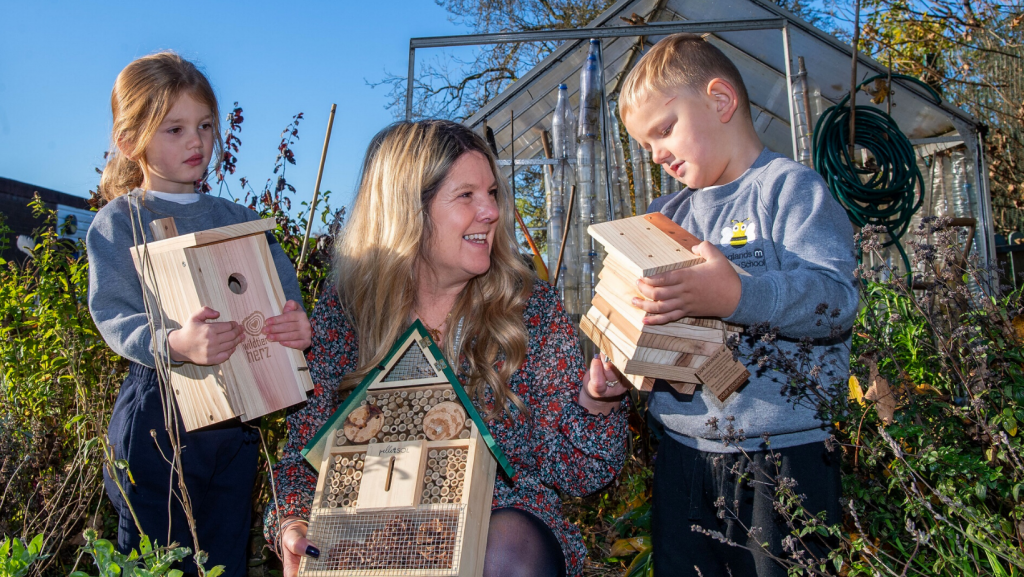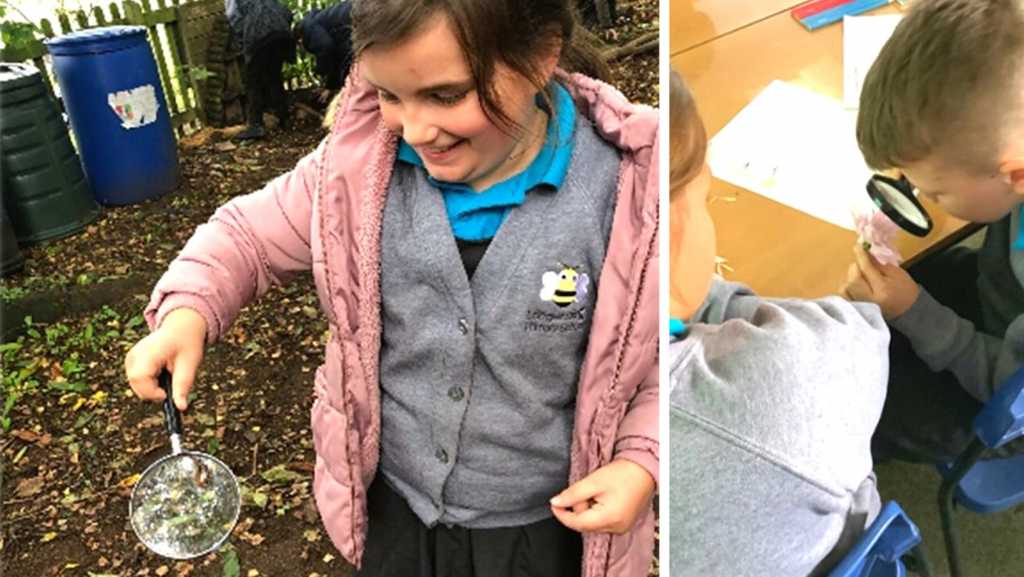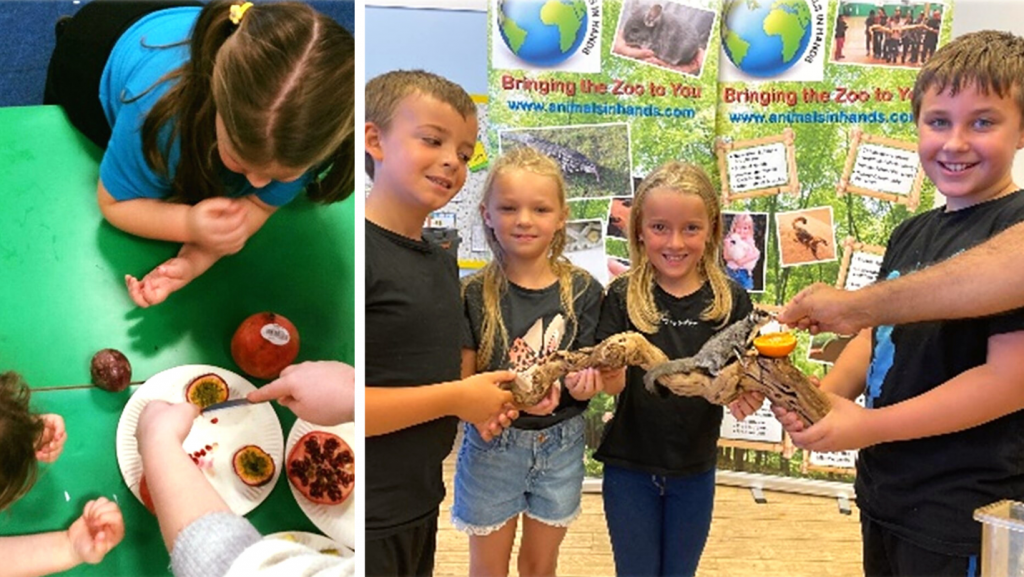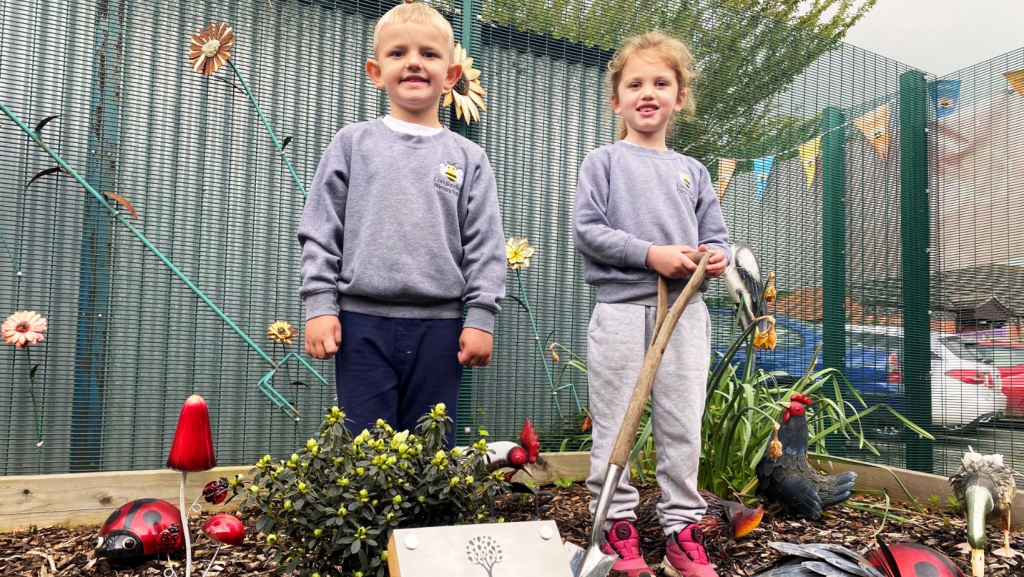Science at Longlands Primary School
Intent
At Longlands, we aim to give children the chance to learn through being totally hands-on and finding things out for themselves by exploration, asking questions and building on existing ideas — the perfect way to understand the world around them. We believe that a positive primary science experience is also key to encouraging future generations to not only study this at secondary school, but also potentially to follow it as a career. Our intention is for all children to develop a scientific knowledge and conceptual understanding through the specific disciplines of biology, chemistry and physics. The children are exposed to vocabulary needed to communicate their learning in a scientific way.
Click this link for our Science Long Term Plan.
Implementation
At Longlands Primary School, we have adopted the Engaging Science units of work which fulfil all of the requirements of the National Curriculum Science Programmes of Study and the Statutory Framework for the Early Years Foundation Stage – Understanding the World. They are fully sequenced and progressive to ensure prior substantive knowledge from previous years is built upon. In addition, disciplinary knowledge is developed through the understanding of scientific methods and conducting investigations. Prior knowledge must be revisited before new ideas are introduced. It is expected that misconceptions are actively identified and discussed.
Knowledge in science will be referred to regularly and this refers to the theories and concepts making up science, the method of posing questions and carrying out investigations. Although there is no fixed way in which scientists work, all investigations tend to have aspects of common processes such as observation, classification, hypothesising, data collection, interpretation of data and evaluation.
The outdoor environment of our school is used where appropriate for fieldwork or scientific study. School trips or visitors may be arranged to support individual science topics.
Follow this link for our Science Knowledge and Skills Progression Map.
Impact
The science curriculum involves children in the exploration of differing concepts and encourages them to ask questions and discuss ideas using knowledge built up over time. The impact of the curriculum is constantly monitored through both formative and summative assessment opportunities. Ongoing informal teacher assessment is carried out through each unit and in the form of distanced “sticky quizzes” to ensure knowledge is being retained. Teachers record whether children are reaching the expected standard and this will be tracked from year to year to understand gaps in knowledge.
Children should leave Longlands equipped with a range of scientific knowledge, both substantive and disciplinary ready to take on beyond Key Stage 2.
Link here to view the Progression of Disciplinary Knowledge.




Science at Longlands Primary School

